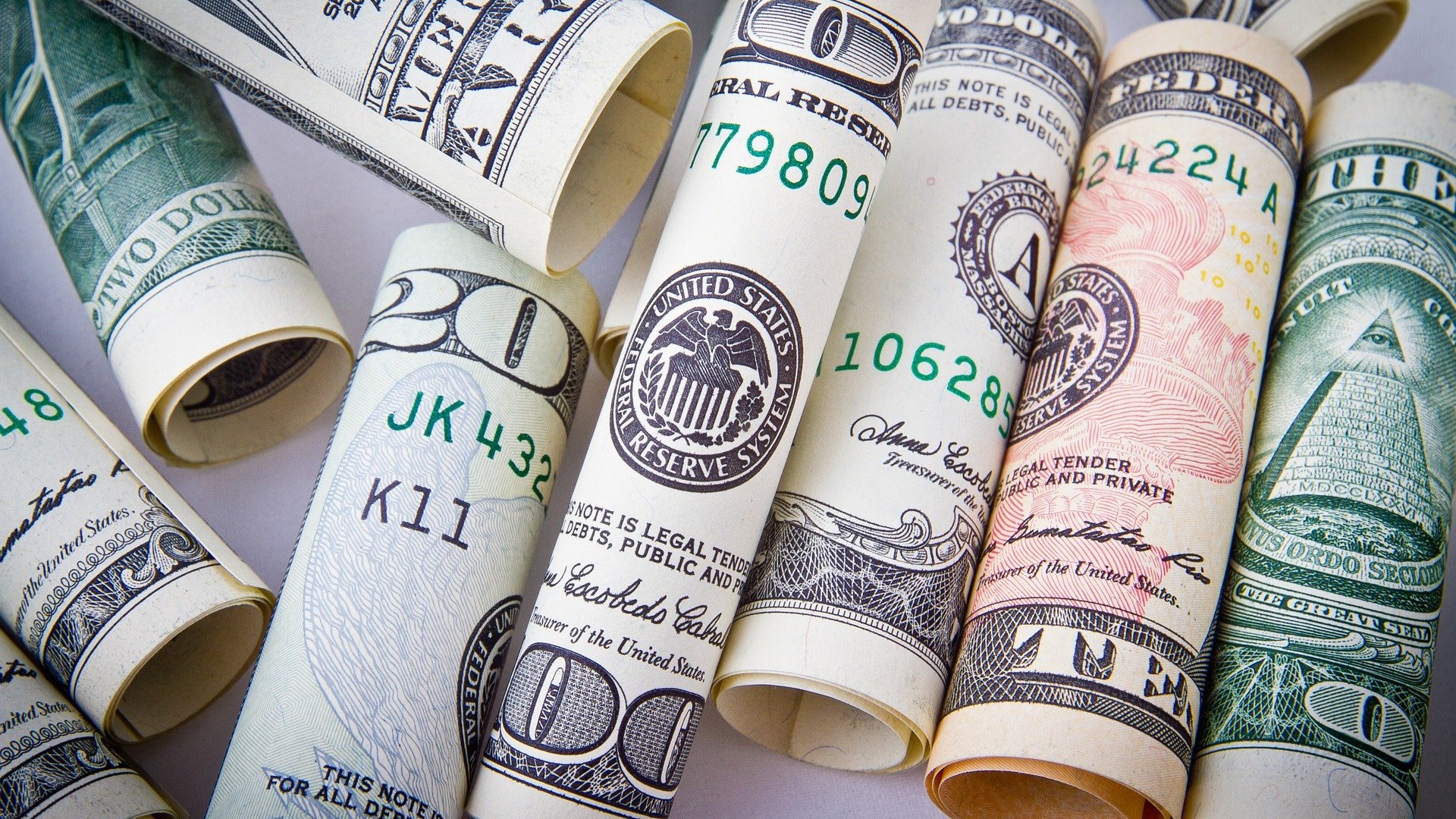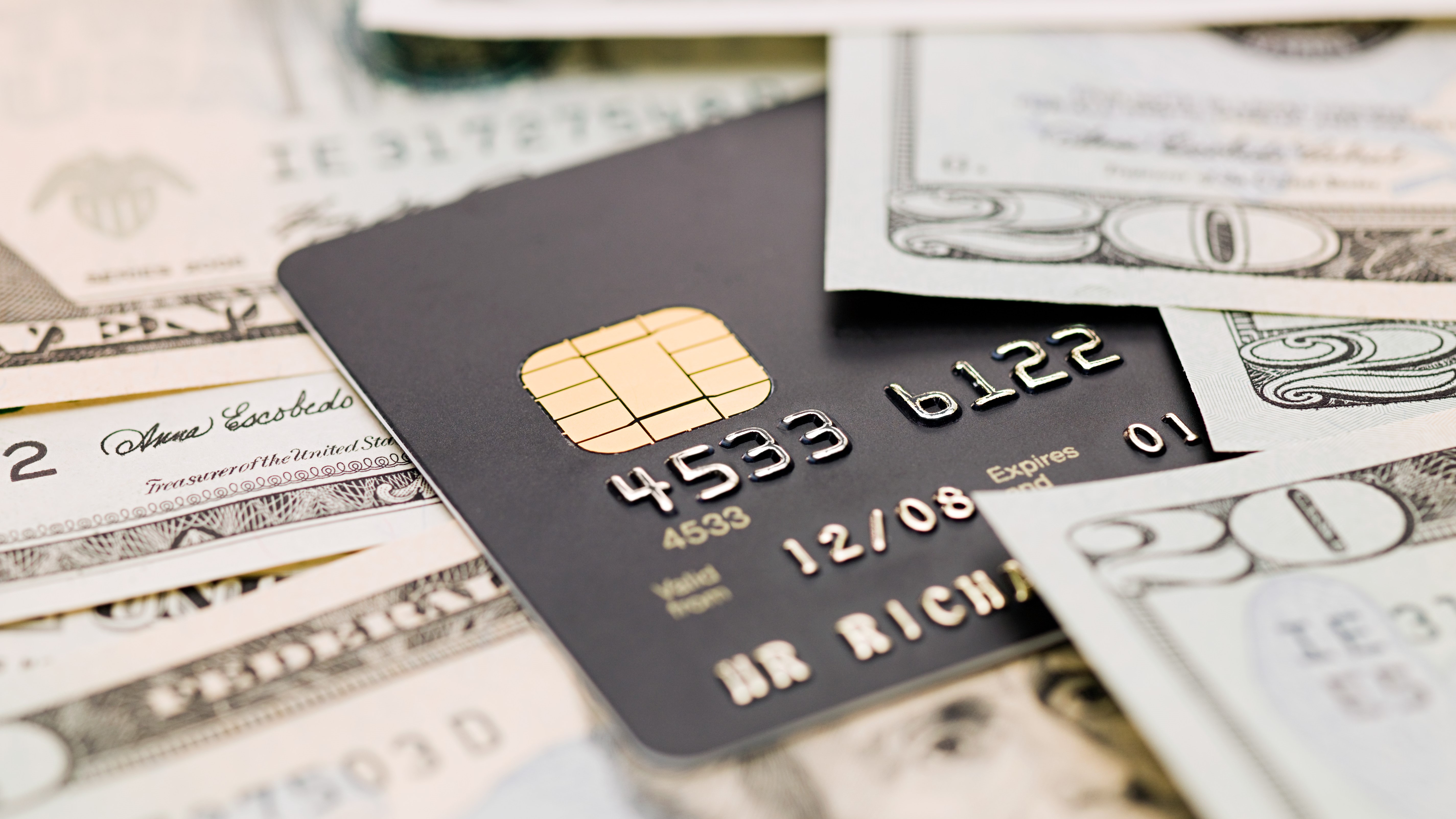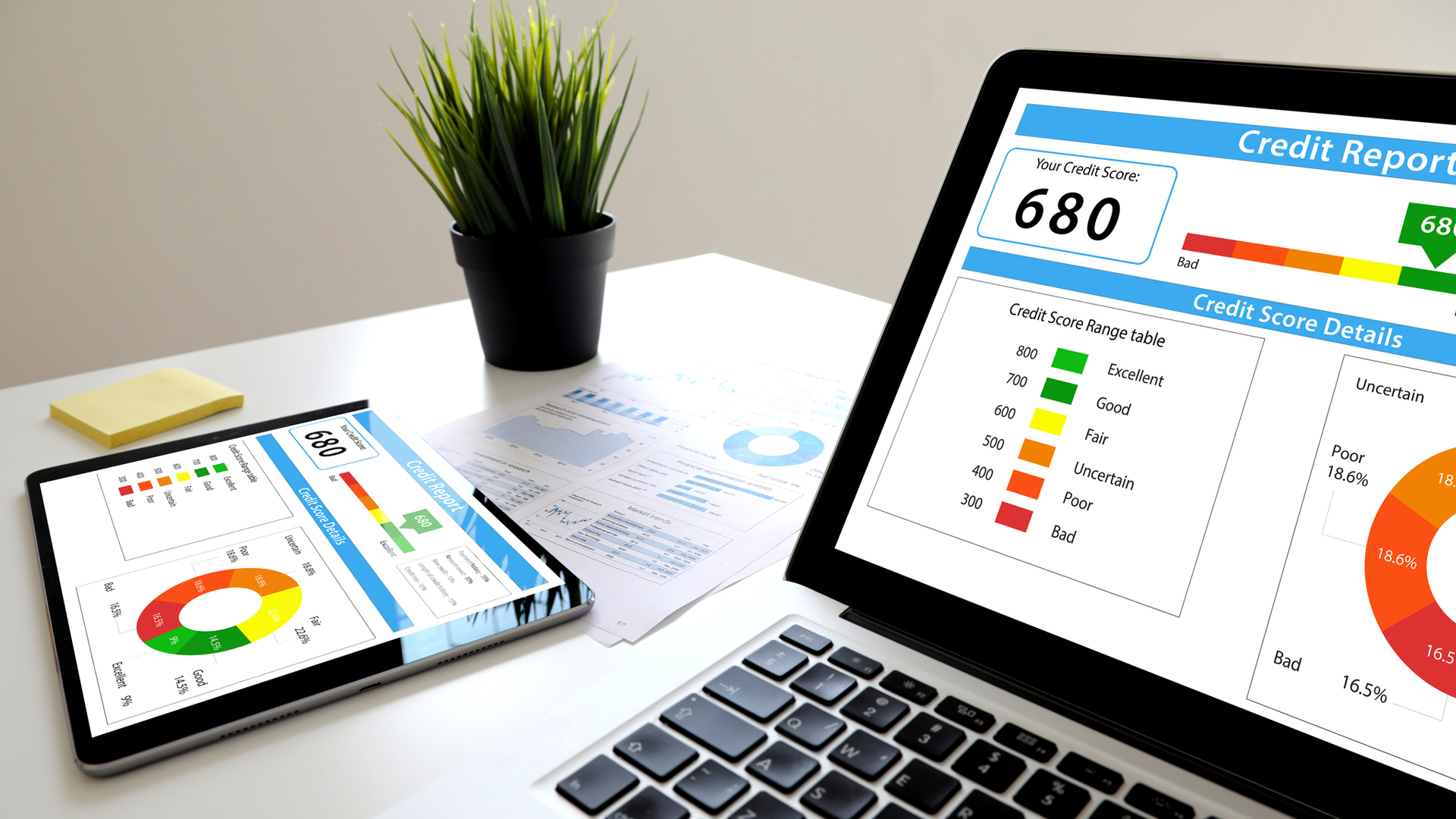The US states whose residents have the highest and lowest credit scores have been revealed in new research highlighting how household’s ability to secure credit has been affected by the coronavirus pandemic. In a year during which most people’s finances have suffered some form of disruption, Minnesota has been named that state with the highest average credit score, so providing its inhabitants with a distinct advantage when it comes to securing the best personal loans, credit cards, and mortgages.
The rankings have been compiled by WalletHub, whose analysis also reveals that the average credit score in the US is currently 680, a number that puts the typical American slightly below the bottom of the good credit range. In an ideal world, the mark to aim for is at least 750, a level which is the beginning of the excellent credit range, and could open the door to the very best credit cards and loans.
The states with the highest credit scores
The US state where credit scores come closest to the excellent mark is Minnesota, whose residents recorded an average credit score in September of 720 - this also marks an improvement on the average of 711 posted in May. In joint second, each with a typical credit score of 709, are Hawaii, Washington and North Dakota, where scores have again increased from May, from 700 for Washington, and from 706 for Hawaii and North Dakota.
South Dakota and Oregon come next, both on 707, followed by Montana (706), Massachusetts (705), and Nebraska (704). New Hampshire and Colorado tie to complete the top ten with an average credit score of 703.

The states with the lowest credit scores
At the other end of the spectrum, residents of Mississippi currently have the lowest average credit score of just 657, albeit the mark represents a slight improvement on the 651 it posted in May, when it also propped up all the other states from the bottom of the table.
Alabama is only slightly better at 662, with Louisiana completing the bottom three with an average credit score of 664. Texas (669), Georgia (670) and Kentucky and South Carolina (both 671) are not far behind again, while Oklahoma (672), and Arkansas and West Virginia (both 673) take the dubious honors of completing the bottom ten.
How has the pandemic impacted credit scores?
That the credit scores of some are worse than others is normal at the best of times. But of course, 2020 has been far from perfect anyway, and with the economic fallout from the health crisis leading many people to take out loans or fall behind on their payments, credit scores have tended to come under more pressure than usual.
“A missed payment on a credit account can stay on a person’s credit report for seven years, and can impact their credit score during that entire time,” said Jill Gonzalez, WalletHub analyst. “Many people have needed to borrow money during the pandemic, and an increased debt load and higher credit utilization on revolving accounts can also be detrimental to a person’s credit score.”
How can you protect your credit score?
While some of the measures introduced by the Government in response to the pandemic have tried to offer some protection to people’s credit scores, such as instructing mortgage companies to offer forbearance on loans, not everyone can take advantage of such relief. At the same time, the financial challenges and stretched budgets facing many households necessarily means there is sometimes no alternative to falling back on credit cards and loans.

When asked how people can shield their credit score against the threats that persist, Lauren E. Willis, Associate Dean for Research, Professor of Law, William M. Rains Fellow – Loyola Marymount University, said: “If you or a member of your household is unemployed, call your U.S. Senator and Member of the U.S. House of Representatives and ask them to reinstate the $600 pandemic unemployment assistance program so that you can make ends meet.
“In the meanwhile, if you know you will not be able to make a payment, call the utility company, landlord, credit card, or other company to whom you owe money before the due date and try to work something out so that you will not be reported as delinquent.”
A similar sentiment is shared by Jill Gonzalez, who believes a second stimulus check could help shore up credit scores by making people less likely to borrow or miss a payment. “We might even see a stimulus check lead to a big paydown of existing debts,” she adds. “In the second quarter of 2020, after people received their stimulus checks, there was one of the highest credit-card-debt paydowns in the last few decades. Decreasing one’s existing debt is a good way to raise one’s credit score long-term, because it makes it easier to both manage the debt and make on-time payments.”
How to build your credit
As to how to improve your credit score to enhance your attractiveness to the best mortgage lenders, credit card issuers and loan providers, patience is usually required, and a dedication to always paying your bills when you should.
“For credit cards, pay them off every month and, even if you cannot pay them off every month, keep your balances low,” advises Bradley Allen Stevenson, Associate Professor of Finance – Bellarmine University. “Keep your other outstanding debt lower as well and pay it off. More outstanding debt makes you look riskier to potential lenders.”

If you have outstanding debts with a number of different lenders, recent research has also shown that making use of the best debt consolidation companies can help improve your credit score over time.
Similarly, not taking on more credit than you need should also keep your rating high, as this will help to keep your credit utilization low, and leave lenders less suspicious that you’re having to borrow any which you can. Monitoring your credit report to make sure everything looks accurate is also a must, and consider approaching the best credit repair services if there are derogatory marks that you don’t think should be there.

